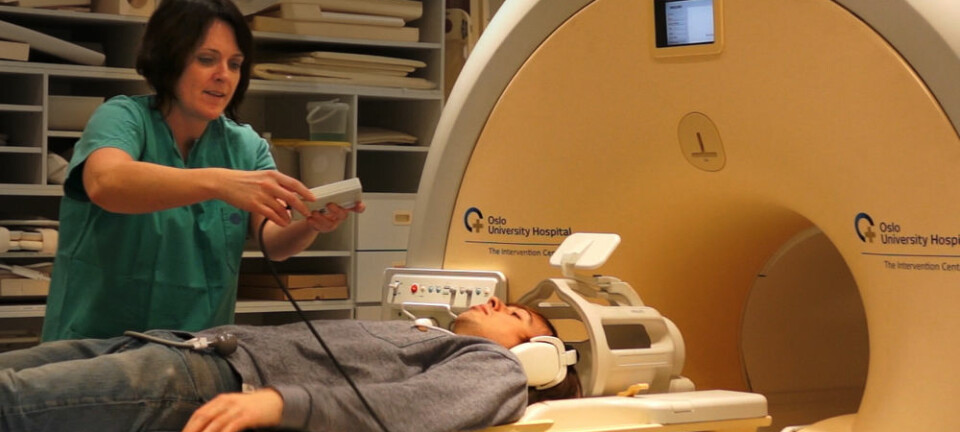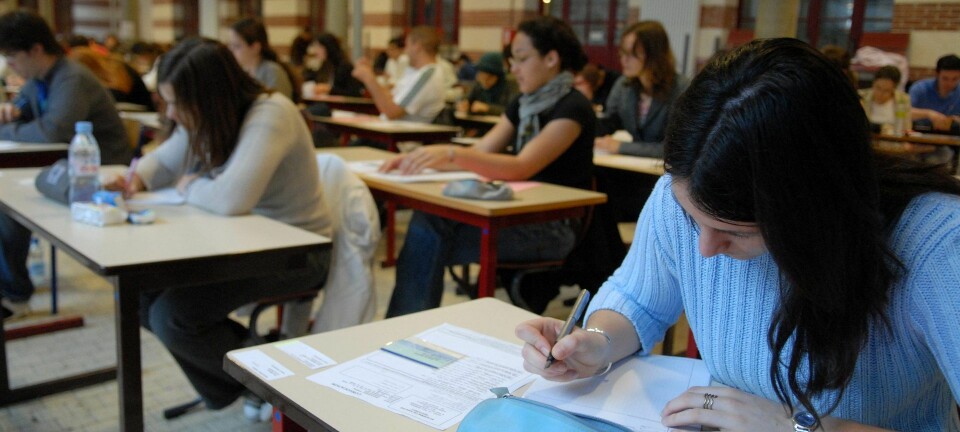
Low neurotransmitter levels benefit people with brain damage
It’s easier to rehabilitate brain damage patients when they have lower levels of a neurotransmitter that affects brain activity.
Scientists from Aarhus University have demonstrated that brain damage patients benefit more from rehabilitation when they have lowered levels of the neurotransmitter GABA in the damaged areas of the brain.
“A fall in GABA concentrations have previously been connected with increased learning ability but now we can see it’s also connected with better rehabilitation results," says study author Jakob Udby Blicher, associate professor at the Centre for Functionally Integrative Neuroscience at Aarhus University Hospital.
GABA affects brain activity by inhibiting communication between brain cells. When GABA concentrations are reduced in an area, it opens up for more activity. This can strengthen already existing connections between cells, in some cases new connections may even arise -- and this is how it can affect the results of rehabilitation, say Blicher.
"Our study has lead us to believe that a lower amount of GABA benefits the patient,” he says, adding that reducing the amount of GABA in the damaged area could be an idea for future treatment.
“This would help people with brain damage get more out of rehabilitation,” said Blicher. “That’s what we're studying now."
The paper was recently published in the journal Neuralrehabilitation & Neural Repair.
Professor: study not conclusive
Before there can be talk of any new kinds of treatment, the effect GABA has on rehabilitation has to be studied further, says Professor Jesper Mogensen, head of the Unit for Cognitive Neuroscience at the Department of Psychology, University of Copenhagen.
It’s definitely a plausible theory that reduction of GABA concentration can improve patient rehabilitation but the causality is still too weak, he says.
"We still don't know if it’s the fall in GABA level that helps rehabilitation or whether it’s because of the training itself," he says, adding that this must be studied further.
However, says Mogensen, the study is a step towards understanding what happens in the brain during rehabilitation and the result fits well with previous research.
“The better we understand the mechanism, the better we will become at designing the right rehabilitation and treatment for the individual patient," says Mogensen.
-----------------
Read the original story in Danish on Videnskab.dk
Translated by: Michael de Laine









